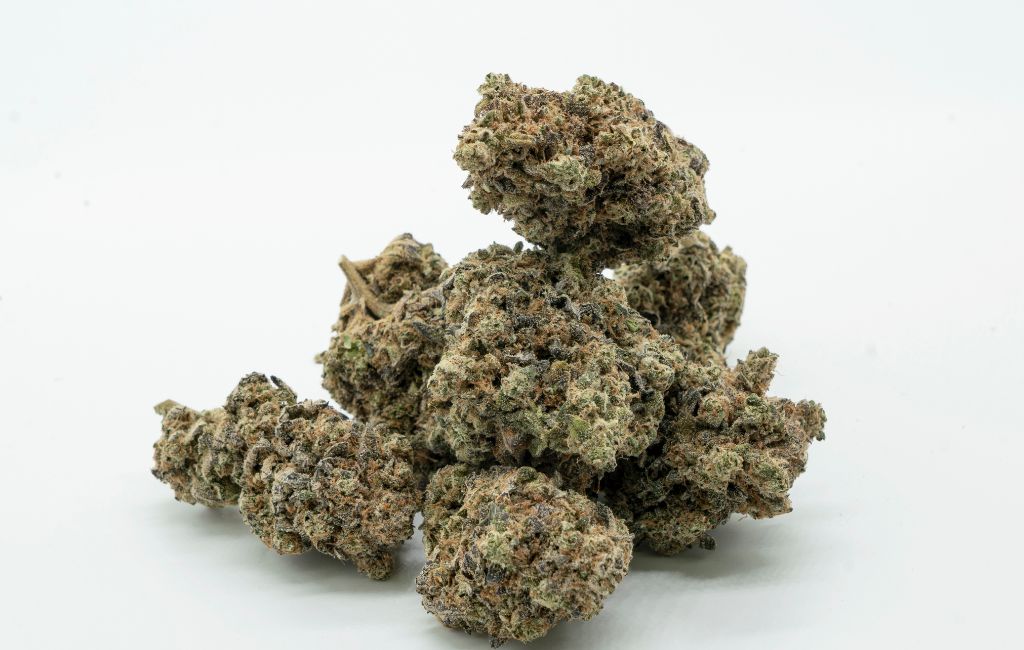Top THCa Flower Uses for Wellness and Health
In recent years, the interest in cannabis and its derivatives has surged, with many individuals exploring its potential benefits for wellness and health. Among the various compounds found in cannabis, THCa (tetrahydrocannabinolic acid) has gained attention for its unique properties. Unlike THC, THCa is non-psychoactive, making it an appealing option for those seeking therapeutic benefits without the high. This article explores the top THCa flower uses for enhancing wellness and health.
Understanding THCa: A Brief Overview
THCa is a cannabinoid found in raw and live cannabis plants. It is the precursor to THC, the compound responsible for the psychoactive effects of cannabis. When cannabis is heated through smoking, vaping, or cooking, THCa converts to THC. However, when consumed in its raw form, THCa offers a range of potential health benefits without the psychoactive effects.
Anti-Inflammatory Properties
One of the most promising uses of THCa is its potential as an anti-inflammatory agent. Inflammation is a common underlying factor in many chronic conditions, including arthritis, autoimmune diseases, and neurodegenerative disorders. Research suggests that THCa may help reduce inflammation, providing relief for individuals suffering from these conditions.
- A study published in the “Journal of Pharmacology” highlighted THCa’s ability to inhibit inflammatory enzymes, suggesting its potential as a natural anti-inflammatory compound.
- Many users report reduced joint pain and swelling after incorporating THCa into their wellness routine.
Neuroprotective Effects
THCa is also being studied for its neuroprotective properties. Neuroprotection refers to the preservation of nerve cell structure and function, which is crucial in preventing neurodegenerative diseases like Alzheimer’s and Parkinson’s.
- Preclinical studies have shown that THCa may help protect brain cells from damage and support overall brain health.
- Some researchers believe that THCa could play a role in slowing the progression of neurodegenerative diseases.
Antiemetic Benefits
Nausea and vomiting are common symptoms associated with various medical conditions and treatments, such as chemotherapy. THCa has shown promise as an antiemetic, helping to alleviate these uncomfortable symptoms.
- Patients undergoing chemotherapy have reported reduced nausea and improved appetite when using THCa.
- THCa’s antiemetic properties make it a potential alternative for those who do not respond well to traditional anti-nausea medications.
Potential for Pain Relief
Chronic pain affects millions of people worldwide, often leading to a decreased quality of life. THCa may offer a natural alternative for pain management without the risk of addiction associated with opioids.
- Users have reported relief from various types of pain, including migraines, muscle spasms, and fibromyalgia.
- THCa’s non-psychoactive nature allows individuals to manage pain without impairing cognitive function.
Supporting Mental Health
Mental health is a growing concern globally, with many individuals seeking natural remedies to support emotional well-being. THCa may offer benefits for mental health by promoting relaxation and reducing anxiety.
- Some users have found that THCa helps alleviate symptoms of anxiety and depression, contributing to a more balanced mood.
- Its calming effects can support stress management and improve overall mental health.
Incorporating THCa into Your Wellness Routine
There are several ways to incorporate THCa into a wellness routine, allowing individuals to tailor their approach based on personal preferences and needs.
- Raw Consumption: Consuming raw cannabis leaves or flowers in smoothies or salads preserves THCa in its natural form.
- Tinctures and Oils: THCa tinctures and oils offer a convenient way to measure and consume precise doses.
- Topicals: THCa-infused creams and balms can be applied directly to the skin for localized relief.
Case Studies and User Experiences
Real-world experiences and case studies provide valuable insights into the potential benefits of THCa for wellness and health.
- A case study involving a patient with rheumatoid arthritis reported significant improvement in joint pain and mobility after using THCa tincture.
- Another user shared their experience of reduced anxiety and improved sleep quality after incorporating THCa into their nightly routine.
Conclusion
THCa flower offers a range of potential benefits for wellness and health, from reducing inflammation and pain to supporting mental health. Its non-psychoactive nature makes it an attractive option for those seeking natural remedies without the high associated with THC. As research continues to uncover the full potential of THCa, it may become an increasingly popular choice for individuals looking to enhance their well-being through cannabis. Whether used for its anti-inflammatory properties, neuroprotective effects, or mental health support, THCa presents a promising avenue for those exploring alternative wellness solutions.
